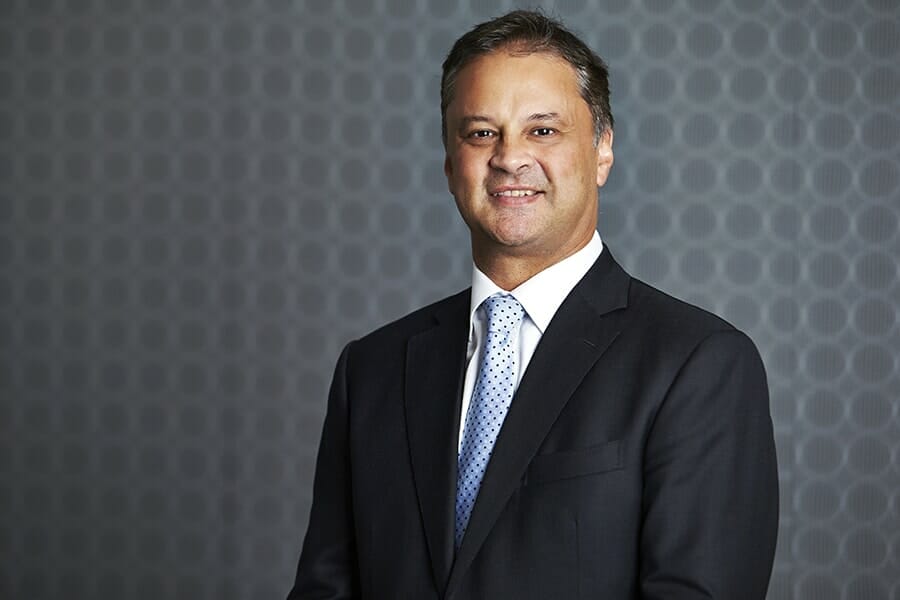John Pearce, chief investment officer of the A$115 billion UniSuper discusses his long-term view on China, inflation and the impact on the fund’s portfolio.
China’s ability to escape a “middle-income trap” where population decline has pushed up labour costs making exports less competitive is dimming according to UniSuper’s chief investment officer John Pearce.
“In the long term, I’m a bit pessimistic about China. If you look through history, at countries that have managed to escape the middle-income trap that China is in, it’s got nothing to do with geography or resources. it’s got everything to do with the institutional frameworks of those countries,” he said at the Investment Magazine Fiduciary Investors Symposium in Healesville.
“It seems to me that China’s going in the opposite direction and so we’ve got Xi Jinping, looking much more inward than his predecessors.”
But he recognised there may be “some fantastic cyclical opportunities in the short term… but you’re just going to have to accept that you’re probably going to miss it”.
Rising rates
Rising inflation around the globe has been driven by massive government spending to support their citizens as economies were shut down and travel restricted to limit the spread of the Covid-19 virus before effective vaccines were rolled out.
“We are paying the price for the Covid policies, we’ve been getting the bill and the bill is called inflation,” Pearce said.
The solution is not hiking interest rates aggressively like the US Federal Reserve but to increase the supply side of the equation like opening borders, he said. “We know that governments have to spend but you can’t spend everywhere. You’ve got to ease back on some stuff because there’s just not enough supply.”
“Governments should just look at the supply side of things, cut spending and get out of the way… let nature take its course.”
He also challenged the orthodoxy of central banks maintaining a two per cent inflation target. “Is the world going to be a terrible place if we actually settle at three and a half percent with bond yields at four or four and a half [per cent] and real rates around 50 to 100 basis points? What’s the drama, we’re going to have a decent cost of capital curve, we can get back to sensible pricing of risk,” he said.
One of the most significant impacts of rising interest rates is on balanced options for members. “There’s going to be a much larger role for credit and fixed interest in typical balanced options,” he said.
“The end of financial repression will have a profound impact on portfolio construction. The bottom line is that investors can hit target returns while taking less risk. To hit a target return of seven per cent in 2000, an investor could hold 80 per cent cash. In the middle of Covid, you basically had to hold 100 per cent in risk assets to achieve that target. These days you could hold up to 40 per cent corporate bonds, 60 per cent growth assets and get to an expected seven per cent return,” said Pearce.
Internalisation model
UniSuper manages over 70 per cent of its assets internally with a team of less than 60. The main driver was the need to tailor portfolios to accommodate a significant $30 billion defined benefit scheme, though the massive cost savings was another boon for members.
“We always felt that developing an in-house capability to manage a liability driven investment portfolio was much better than just farming out the money,” Pearce said.
“It was always a case of logical incrementalism, this was working well for the defined benefit and we just started applying it across all the other options. A very positive benefit is a massive reduction in costs.”
Pearce said the operational leverage from having an inhouse management capability has meant there was no need to add any new staff to deal with the enlarged asset base after the merger with the $12 billion Australian Catholic Super.
The asset classes that UniSuper outsources to external managers require specialised skills and labour-intensive due diligence processes such as infrastructure, private equity, US high-yield and Asia small cap.
“The governing principle is that you stick to pretty sensible, generic types of assets that don’t require large teams. That’s the model that I’m comfortable with,” Pearce said.


